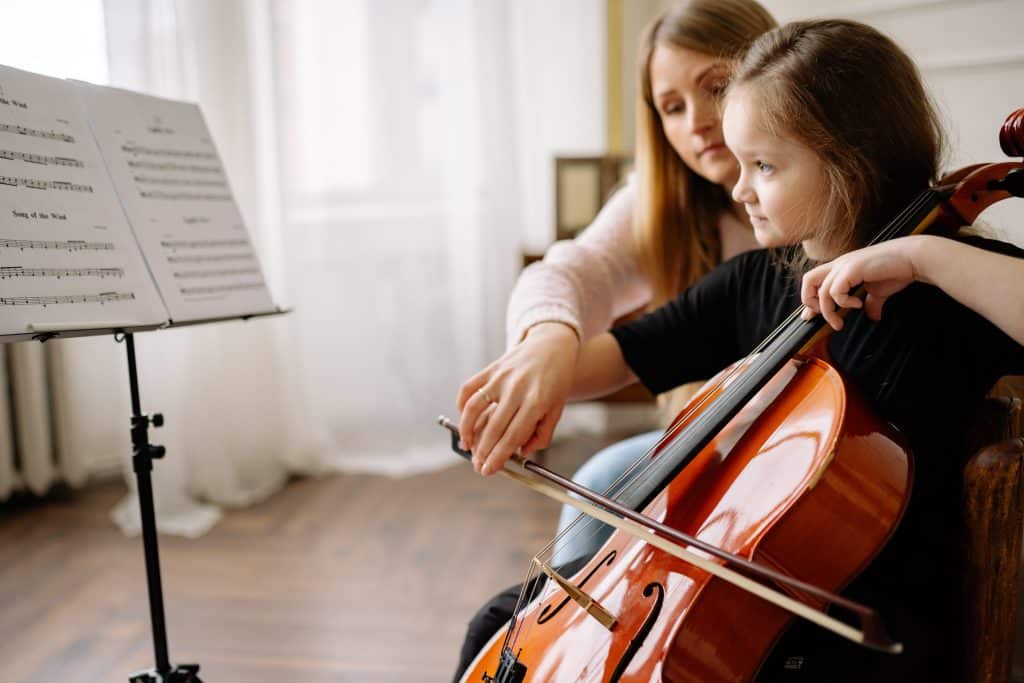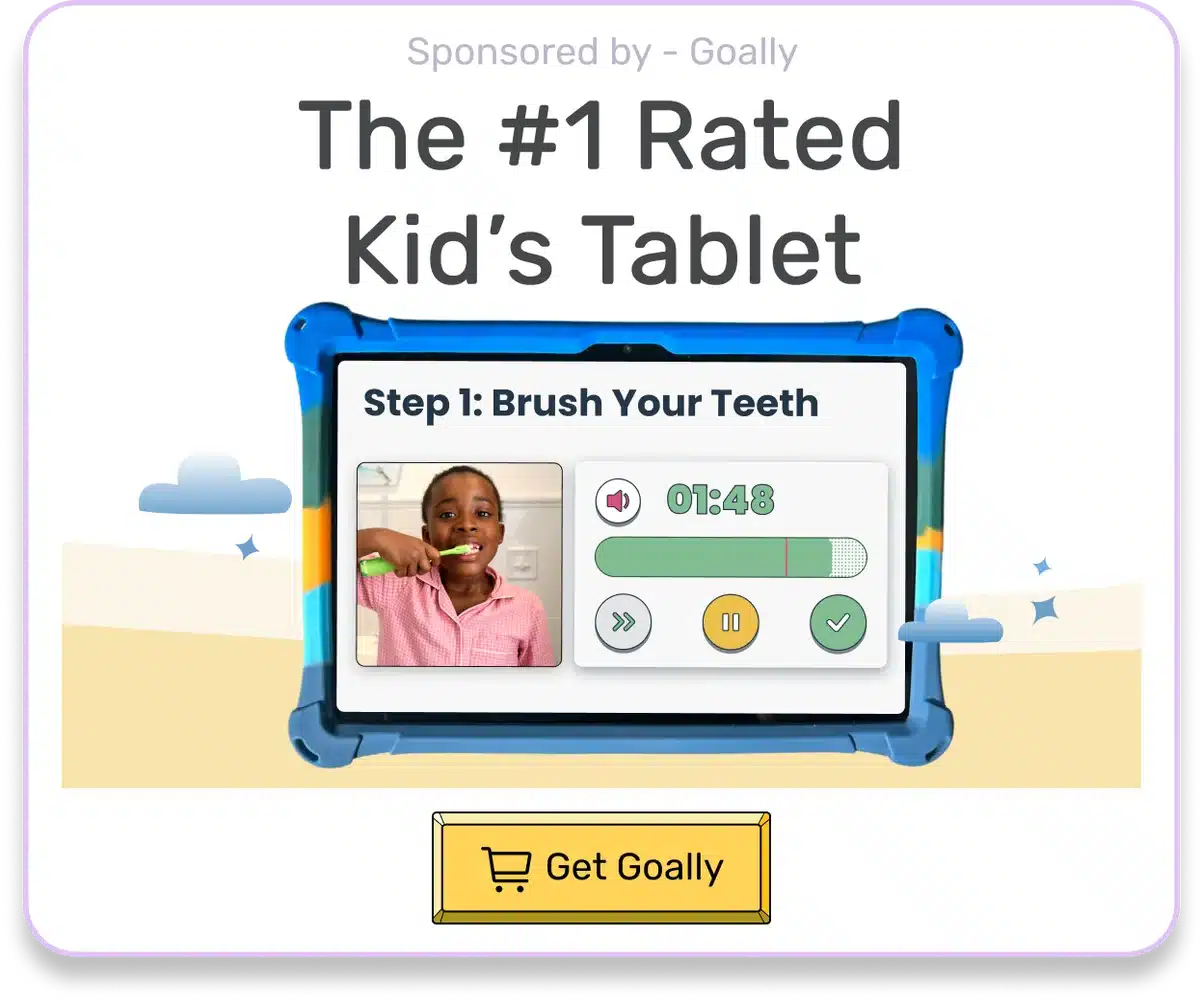As someone who works with children on the autism spectrum, I can attest to the benefits of music therapy. It’s an effective tool that leverages the power of music to enhance a child’s health and well-being. For children with autism, music therapy can be especially effective in improving communication, social, emotional, behavioral, motor, and sensory processing skills.
Table of Contents
Benefits of Music Therapy
Promoting Communication Skills
One of the most significant benefits of music therapy for children with autism is that it can help them develop their communication skills. Music has a structure that is easily recognizable and predictable. This is helpful for children with autism who struggle with communication. For example, a child may be able to sing a song before they can speak the words. Or they may be able to communicate their emotions through music more easily than through words. By engaging in music therapy, children can learn to communicate their needs and wants more effectively. As well as build their confidence in their ability to communicate.
Music Therapy Improves Social Skills
Music therapy is awesome for helping kids with autism boost their social skills. Music is like a universal language that brings people together. In group music therapy, kids can have a blast learning to interact with others. They can take turns playing instruments or singing parts of a song, making it a fun way to learn cooperation, turn-taking, and listening to others.
Developing Emotional and Behavioral Skills
In addition to improving communication and social skills, music therapy can also help children with autism develop their emotional and behavioral skills. Music has a powerful effect on our emotions. By engaging in music therapy, children can learn to identify and express their emotions more effectively. For example, they may learn to associate certain types of music with certain emotions, which can help them regulate their emotions more effectively. They can also learn to express themselves through music, which can be a powerful way to process and work through difficult emotions.

Read more: What are the Benefits of Listening to Music With My Kid?
Practicing Motor Skills
Music therapy can also be very helpful in improving motor skills in children with autism. Playing instruments, singing, and moving to music all require coordination and fine motor skills, which can be challenging for some children with autism. By engaging in music therapy, children can improve their motor skills in a fun and engaging way, to help them develop confidence and independence.
Improving Sensory Processing Skills
Finally, music therapy can be very helpful in improving sensory processing skills in children with autism. Many children with autism are sensitive to different types of sensory input, such as sound, touch, or light. By engaging in music therapy, children can learn to process different types of sensory input more effectively and build their tolerance to different stimuli. For example, they may be able to tolerate loud or unfamiliar sounds better after participating in music therapy.
Goally | The Tablet for Neurodiverse Kids

How Is it Effective?
Music therapy is effective because it stimulates both hemispheres of the brain. This is important because it allows for cognitive functioning to improve and can promote speech and language development. For example, when a child is singing, they are using both sides of their brain, which can help them process and understand language more effectively. Additionally, music therapy can work to improve memory in children with autism, which can be especially helpful in academic settings. By engaging in music therapy, children can build their cognitive skills while having fun and enjoying the process. Check out the 5 benefits of playing a music instrument.

Read more: 5 Types of Music Therapy
This therapy helps reduce stress and alleviate anxiety. It works by reducing the amount of stress hormones in the body. Which is especially helpful for children with autism who may experience high levels of stress or anxiety. Additionally, music therapy can improve neuroplasticity in the brain. It increases dopamine, a neurotransmitter that we associate with pleasure and reward. This helps children feel more relaxed, happy, and engaged in their therapy sessions.
Music Therapy Supplements Traditional Therapies
It is important to note that music therapy is not a substitute for traditional forms of therapy or medication. However, it can be an effective complementary therapy that can help children with autism achieve their goals and reach their full potential. If you are a parent of a child with autism, it may be worth considering music therapy as an option to help improve your child’s overall well-being and quality of life.
Goally | Apps To Support Child Development
Looking for fun ways to help your child learn life skills? Try Goally! The Goally tablet comes with award-winning learning apps and video classes to help kids develop the skills they need to become independent with FUN & evidence-based practices.

Our apps teach executive function, language, emotional regulation, finger dexterity skills, and more.
As your child develops new skills, you can increase the difficulty level of the tasks in the app to challenge and motivate them even further. This helps your child grow and progress at their own pace, while also keeping them engaged and excited about their development.

Music therapy can be a powerful tool to help children with autism improve their communication, social, emotional, behavioral, motor, and sensory processing skills. Children can develop their confidence, independence, and sense of self-worth by engaging in music therapy. All while having fun and enjoying the process. Have you ever considered music therapy for your child? What other forms of therapy have you tried?
FAQ’s About Music Therapy for Autism
What is music therapy for kids? Music therapy is a therapeutic approach where music and musical elements are used by a professional therapist to promote emotional, cognitive, and social growth in children. How can music therapy help my child? Music therapy can aid in improving communication, emotional expression, motor skills and can also alleviate stress in children. Can music therapy assist children with special needs? Yes, music therapy can be highly beneficial for children with special needs, including those with autism, as it can stimulate both hemispheres of the brain simultaneously. How can I integrate music therapy at home? With structured guidance from a music therapist, parents can use simple musical activities like singing, playing instruments or dancing at home to encourage a child's growth. Is there any specific genre of music recommended for music therapy? No specific genre is recommended. What matters most is the child's engagement and enjoyment of the music, as this enhances the therapeutic effects.
This post was originally published on 02/23/2023. It was updated on 07/03/2024.

Goally
We help parents teach their kids life skills, like doing bedtime and morning independently. Backed by science, we incorporate evidence-based practices and expert-informed designs in all of our apps and content.





